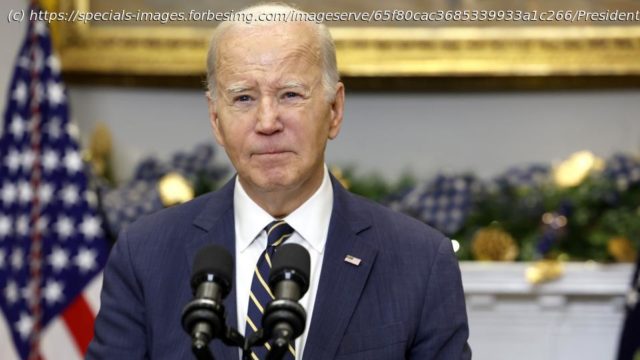Murthy v. Missouri challenges the federal government’s contacts with social media companies over Covid and election misinformation.
Topline
The Supreme Court will hear oral arguments Monday in a case that will determine to what extent the federal government can contact and exert pressure on social media companies, after two GOP-led states accused the Biden administration of “censorship” by “coercing” social media platforms to moderate misinformation.Key Facts
The court will hear arguments in Murthy v. Missouri, a case brought by Missouri, Louisiana and several individuals that challenges the Biden administration’s contacts with social media companies.
The states accuse the government of waging “a broad pressure campaign designed to coerce social media companies into suppressing speakers, viewpoints, and content disfavored by the government,” such as removing misinformation about the election and Covid-19—which the states argue violates the First Amendment and unfairly suppresses conservative speech.
While the government is prohibited from expressly controlling speech on private platforms like social media, the contact at issue is more of a gray area known as “jawboning,” which the Knight First Amendment Institute defines as “informal government efforts to persuade, cajole, or strong-arm private platforms to change their content-moderation practices.”
The Biden administration has defended its actions and denied it was as coercive as the states claim, arguing to the Supreme Court in a filing that “so long as the government seeks to inform and persuade rather than to compel, its speech poses no First Amendment concern—even if government officials state their views in strong terms, and even if private actors change their speech or conduct in response.”
Free-speech groups like the Knight First Amendment Institute and Electronic Frontier Foundation have urged justices to issue a balanced ruling clarifying when government contact is permissible, with the EFF arguing in a court brief that while “government co-option” of platforms’ content moderation is “a serious threat to freedom of speech … there are clearly times when it is permissible, appropriate, and even good public policy” for officials to “noncoercively inform, communicate with, and even attempt to persuade social media companies.






